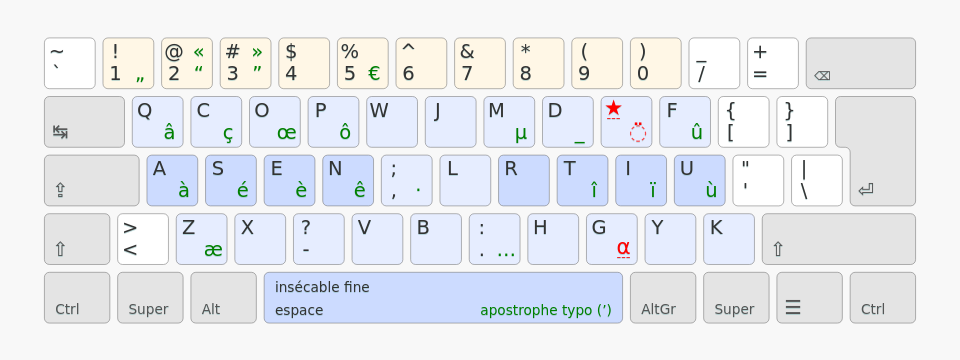My penis is a hair dryer, AMA.
- JumpDeleted
Permanently Deleted
Typecasts @sh.itjust.works FeaturedTypecast FAQ
- JumpDeleted
Permanently Deleted
- JumpDeleted
Permanently Deleted
- JumpDeleted
Permanently Deleted
- JumpNSFW Deleted
Permanently Deleted
- JumpNSFW Deleted
Permanently Deleted
- JumpRemoved
Shhh don't blow up our spot
Israel and Palestine Politics Discussion @lemmy.world Growing reluctance over Palestine recognition, says Bettel
Lemmy Shitpost @lemmy.world Van is ❤️
Technologie - 🤖 @jlai.lu 5 raisons pour lesquelles Linux finira par dépasser Windows et MacOS sur les ordinateurs de bureau - ZDNET
Forum Libre @jlai.lu Je me suis mis aux scoubidous
Linux @lemmy.world Any operating system, you said?
Forum Libre @jlai.lu Est-ce qu'il y a des utilisateurices d'Ergo-L (disposition de clavier ergonomique)
Forum Libre @jlai.lu J'ai fini mon premier Manga
Selfhosted @lemmy.world ISPmail guide for Debian 12 "Bookworm" on workaround.org is out!



Mind reading